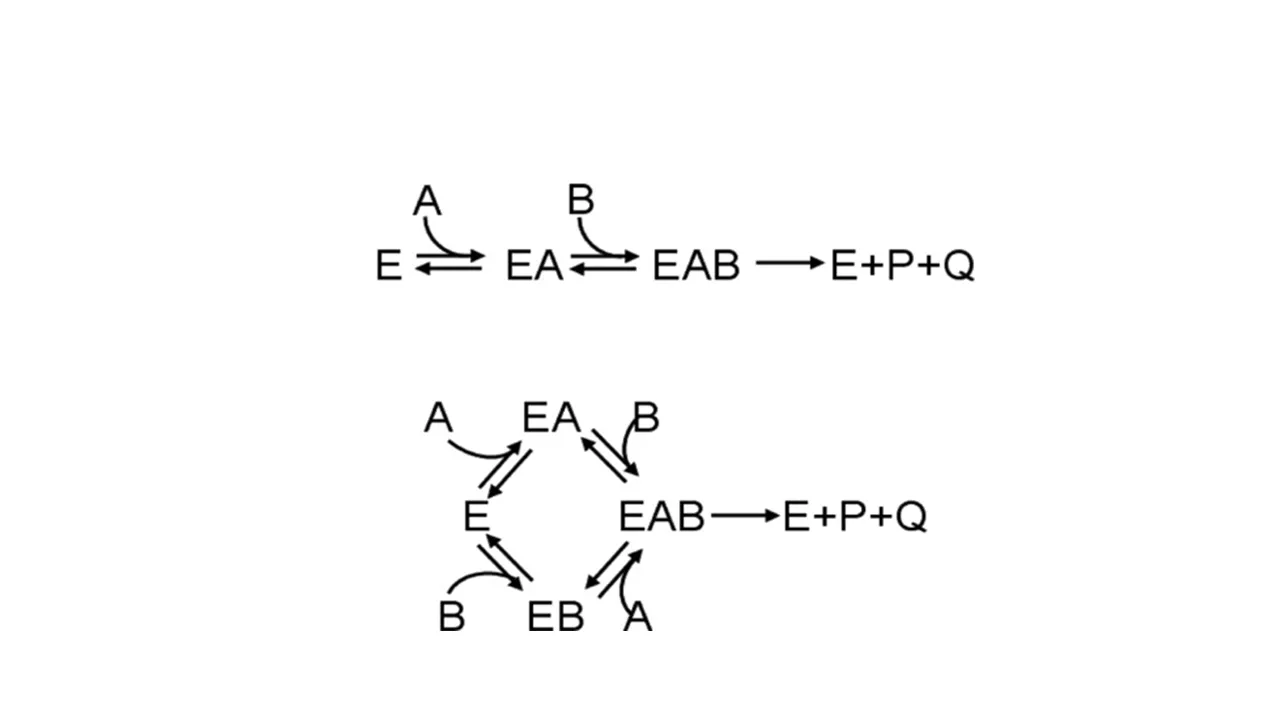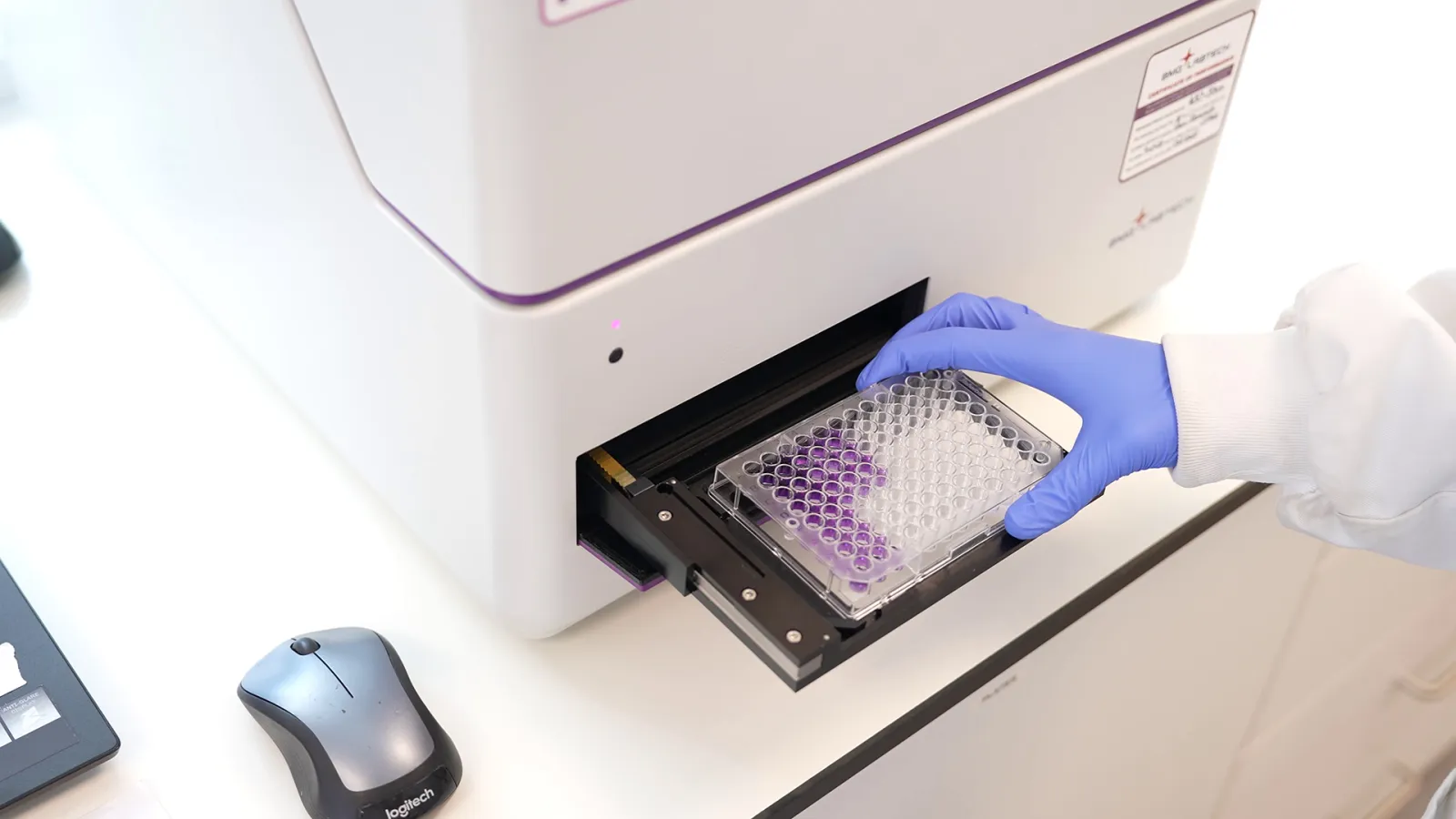


Molecular Pharmacology
Excellerate is internationally recognized for its expertise in molecular pharmacology and quantitative pharmacological analysis.
We are proficient in designing and executing in vitro pharmacological assays for multiple target classes including the use of complex theoretical models for data analysis.
Our Capabilities
Molecular Pharmacology
Molecular Pharmacology
Affinity & Efficacy
Determining affinity and efficacy of drug for a target is an essential step in the pharmacological characterisation of new candidate drugs.
Equilibrium binding affinities can be determined by directly measuring the interaction of the drug with the target through binding experiments or by their effect on the function of the target.
Excellerate has in depth and extensive expertise in drug affinities and efficacies using all forms of pharmacological analysis including:
Target-Ligand Binding: Determination of compound affinities using saturation and competition binding in membranes and whole cells using approaches such as TR-FRET and NanoBRET.
Functional Assays: Determination of efficacies at a full range of signalling assays including G-protein activation, cAMP and inositol phosphate formation as well as ligand affinity using Gaddum and Schild analysis.
Enzyme Pharmacology: Determination of the effects of compounds on enzyme activity (Km and Vmax).
Binding & Signaling Kinetics
The rate of the association of a drug with its target (Kon) and its subsequent dissociation (Koff) have become key parameters in lead optimisation for drugs, especially for those requiring, for example, a long duration of action.
Similarly, an understanding of the kinetics of downstream signaling responses can be crucial in correctly determining a compound's mode of action.
Excellerate is recognized internationally for its expertise in quantifying the kinetics of drug-target interaction and effects on signaling kinetics. We offer a full range of kinetic profiling including:
- Kinetic Binding Assays: Determination of compound binding kinetics (Kon/Koff, kinetic Kd) using competition kinetic binding assays in membranes or whole cells.
- Signalling Kinetics: Real time measurements of a full range of signaling molecules and subsequent kinetic analysis of responses.
- Kinetic Profiling: Integration of binding and signaling kinetic data to comprehend drug action over time.
Mechanism of Action
Many drugs have complex modes of action such as biased agonists at GPCRs or covalent or uncompetitive antagonism/inhibition.
A detailed understanding of such modes of action is crucial in advancing compounds through the drug discovery pipeline.
Excellerate offers full mode of action studies, comprehensive pharmacological analysis. We also apply complex theoretical models to provide a holistic approach to analysing binding, signaling and kinetic datasets. These include:
Signaling Bias: Determination of compound relative and operational efficacies at a wide range of signaling pathways. Analysis of compound bias across relevant pathways.
Competitive & Allosteric Modes: Determination of competitive, non-competitive, covalent and allosteric modes of action.
Target Mutagenesis: Site directed mutagenesis and chimeric targets to determine location of binding and functional sites.


